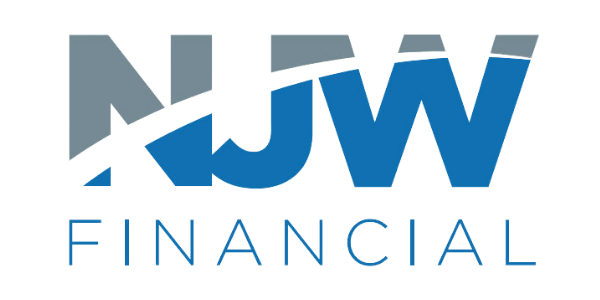Self Employed Mortgages
We specialise in advising on and arranging bespoke mortgage and protection solutions for our self-employed clients, providing a tailored one-to-one advisory service, delivered face-to-face or remotely

We help you avoid the confusion when it comes to your self employed mortgage
While self-employment offers numerous benefits in one's life, it can pose challenges when purchasing a property, impacting thousands of prospective homebuyers annually who seek mortgages for the self-employed.
Contrary to common belief, being self-employed does not reduce your chances of mortgage approval compared to salaried applicants – the key lies in being slightly more organised in managing your finances and supplying extra evidence of income and affordability. Ultimately, the mortgage application process is neither more arduous nor complex for the self-employed, particularly with the assistance of a well-informed mortgage adviser guiding you through the journey.
Essentially, the notion that obtaining a mortgage as a self-employed individual is difficult is simply a misconception. We are here to support and guide you through the process.
YOUR HOME MAY BE REPOSSESSED IF YOU DO NOT KEEP UP REPAYMENTS ON YOUR MORTGAGE
What is a self employed mortgage?
A self-employed mortgage is a home loan for individuals who are self-employed or have an irregular income stream. These mortgages are just the same as 'regular' mortgages, they just assessed differently. They require different and additional documentation to verify income and stability.
Ready to take the next step?
Tips for getting your mortgage approved
Getting approved for a self-employed mortgage doesn't have to be challenging. Here are some tips to increase your chances of approval:
Maintain a Good Credit Score
As mentioned earlier, a good credit score is crucial for getting approved for a self-employed mortgage. Pay your bills on time, keep your credit utilisation low, and avoid applying for new credit before applying for a mortgage.
Keep Detailed Financial Records
Keeping detailed financial records can help you prove your income and increase your chances of approval. Keep track of your income, expenses, and any tax deductions you may qualify for.
Save for a Larger Deposit
Saving for a larger deposit can help you qualify for a self-employed mortgage. A larger down payment shows the lender that you have a stake in the property and are committed to repaying the loan.
Work with a Mortgage Broker
Working with a mortgage broker who specialises in self-employed mortgages can help you navigate the process and find the best loan options for you.
What information will I need to provide?
The key to any successful mortgage application is affordability. The following is a guide as to what income proof documentation is required:
- Sole Trader – lenders will base their calculations on your gross income on your Tax Calculations (known as SA302).
- Partnerships – are treated the same as Sole Trader businesses. Lenders will want to know your share of profits.
- Limited Company (with shareholding of over 17.5%)– lenders will take both your salary and dividends drawn into consideration when calculating your income and how much to lend you. In some cases, lenders will also take into account any profit that remains in the company which can boost the amount that you can borrow.
Post-pandemic, some lenders are also asking to see 6 months' business bank statements to ensure that your business is performing well and therefore your income is sustainable.
Need Help?
Frequently Asked Questions
Ready to get started?
We’d love to hear from you. Call 02895 575010 or 0141 291 5044 or send us a message using the form below and we’ll tend to your enquiry right away.

